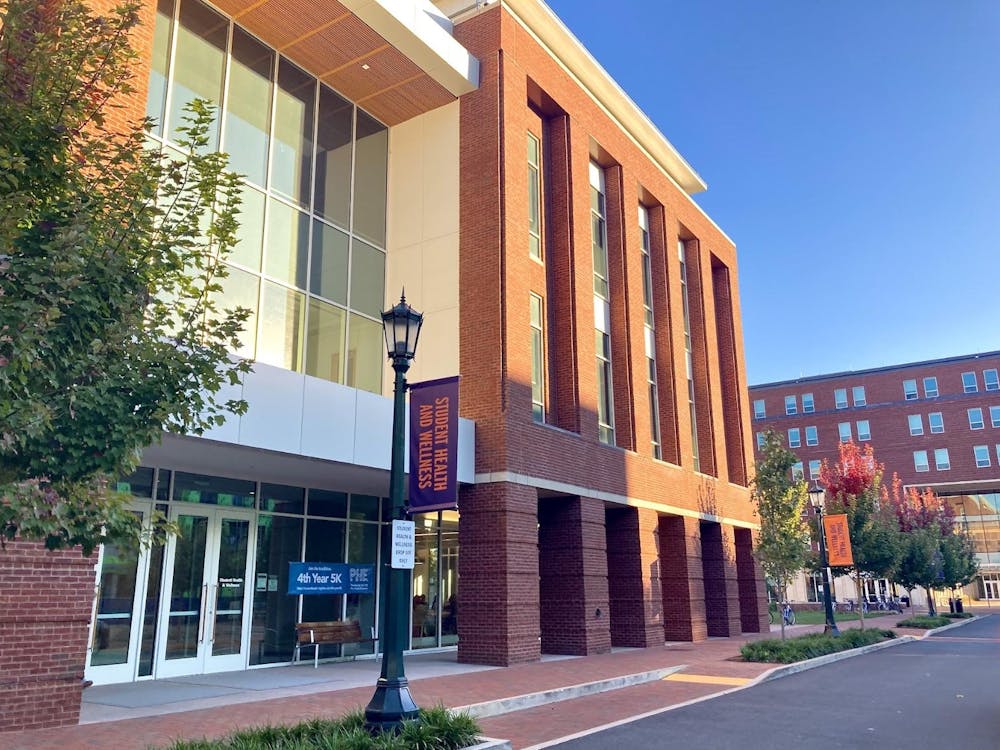A few days ago, I read an interesting piece of news: Three new buildings had been designed to accompany Lower Manhattan's proposed Freedom Tower.
"That's great," I thought.
Sure, I sorely missed the Twin Towers that once stood there. After all, my father had taken me to visit his office on the 67th floor countless times when I was a child.
Sure, nothing could replace such vivid childhood memories, but I also sorely believed it was time to move on.
To me, those buildings mean progress.
I told my father about this exciting development. Much to my surprise, he merely shrugged it off.
"It's all politics," he said with a sigh, referring to the discussions that had been taking place for some time over exciting topics like insurance.
For him, it was starting to seem like nothing would be built at Ground Zero.
So is that what the aftermath of 9/11 had become? Had everything really become that ordinary?
The more I thought about it, I realized that even the current controversies over the War on Terror were beginning to seem trite, exasperatingly overplayed. Perhaps we have moved on a lot further than I thought. Perhaps we had reached complacency.
It was only five years ago today when the world as I knew it fell apart.
It started when a dazzled teacher entered my history class to tell us of a terrible plane crash in the city.
For 45 minutes, all I could think about was my father. Was he okay?
I eventually learned he was late that day and never made it to the World Trade Center. But nearly 3,000 lives -- friends, colleagues, fellow Americans -- were lost.
Today, it is sometimes hard to believe such a thing happened. I no longer see a smoldering black cloud whenever I turn on the TV, and the thought of riding an airplane no longer gives me chills. I even once heard a TV or radio station proudly proclaim that its broadcasts come from the top of the Empire State Building (now the tallest building in the city, of course).
There are no more constant reminders. The world really has moved on.
Of course, I am glad things have returned to normalcy. I visit Broadway, the Metropolitan Museum, Shea Stadium, and I don't worry that there might be a suicide bomber somewhere in the crowd. My sister began her first semester of college in New York City, and whether or not she is willing, my parents intend to visit her regularly.
New York is once again just a place like any other. Complacency seems to have had its benefits.
Then why do I find myself needing to read Wikipedia articles every so often as if to make sure history has not suddenly changed?
The stories are always the same and they always make me cry, but somehow I cannot yet let go.
Maybe it is to remind myself of how inconstant life is. We grow up, we go to school and we eventually face the world. Yet, though I may be a slightly confused fourth year, I feel surprisingly comfortable.
Even the most unusual things can become commonplace rather quickly. Otherwise, nothing would ever feel familiar.
So maybe it's okay to move on. Maybe I don't need to invoke the stigma of complacency. Everything changes. It is how we know the world is still working.




